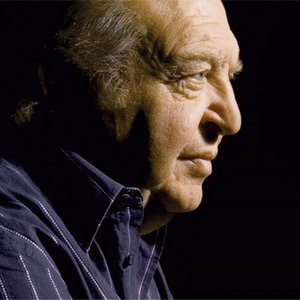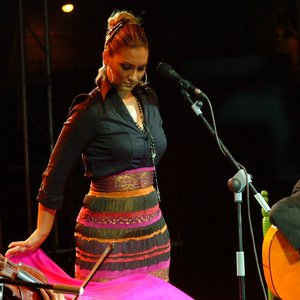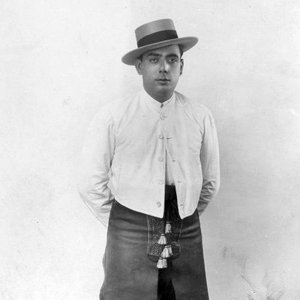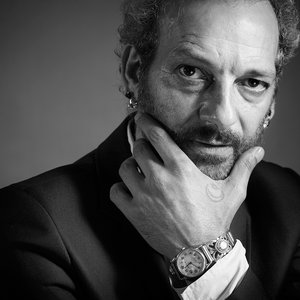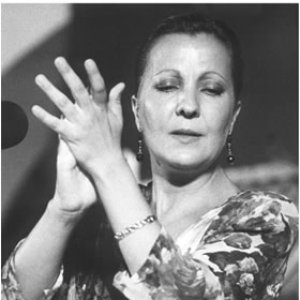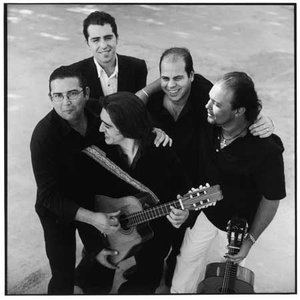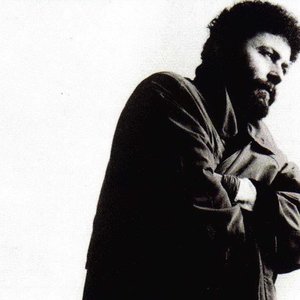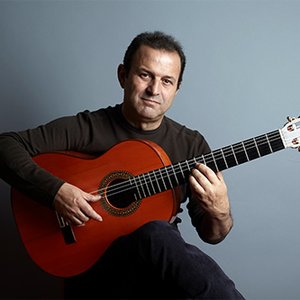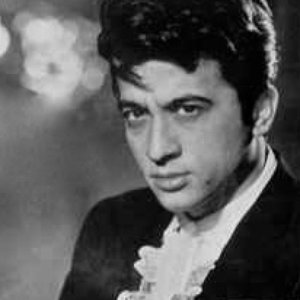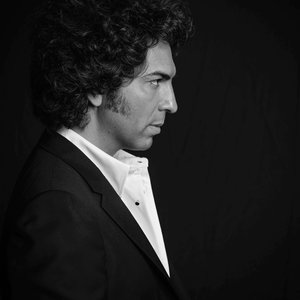Biography
-
Born
7 September 1909
-
Born In
Mairena del Alcor, Sevilla, Andalucía, Spain
-
Died
5 September 1983 (aged 73)
Antonio Cruz García, known as Antonio Mairena (Mairena del Alcor, Seville, Spain, 1909-Seville, 1983) was a famous flamenco singer. He led the movement towards the revival of traditional flamenco in the fifties and subsequent decades.
He was born in a Gypsy family of smiths and learned to sing in the family environment. An important personality of flamenco, he was the main leader of a movement of flamenco artists and intellectuals who tried to rescue a type of flamenco, which they considered to be pure or authentic. He rescued or recreated a high number of songs that had been almost lost, and also published several books and articles to divulge his views on flamenco and flamenco history. He considered himself as heir to the art of Manuel Torre, the most classic flamenco singer from Jerez, and also acknowledged the influence of other masters like Tomás Pavón or Joaquín el de la Paula.
He won several awards, the most important of which was the Llave de Oro del Cante (Gold Key of Flamenco Singing), which he obtained in the third Concurso de Córdoba (Contest of Córdoba). It is common belief that the contest was organized especially to grant him the award, and that the appearance of a contest was contrived to have a good excuse to grant him this honour, although some flamenco historians justify this on the grounds that he deserved the award for the service he had rendered to the art of flamenco (Álvarez Caballero 1995).
He excelled in the most serious, solemn palos of Gypsy origin (often known as Cante Jondo), like Tonás, Martinetes, Soleá, and Siguiriyas, of which he recorded all or most of the traditional songs and variations. The value of his artistic legacy is controversial. On the one hand, some flamenco fans and critics consider him to be a model to imitate, an impersonation of the most authentic flamenco, and a restorer of traditional forms. On the other hand, others disregard him as excessively orthodox, academic, and cold, and regard his views on flamenco as paralysing and a threat to the future evolution of the flamenco art. They also often accused of ethnical bias, as he tended to overemphasize the quality of flamenco styles which where of Gypsy origin, while looking down to anything non-Gypsy.
It is frequently stated that some of the songs he rescued from oblivion had in fact been created by him, although he always denied it, as he believed that in flamenco there was no scope for new creations, and modern singers had to limit their work to the traditional songs inherited from the tradition. However, many of the songs he rescued are now part of the usual repertoire of flamenco artists.
Antonio Mairena was always guided by an encyclopaedic attitude and he championed the recovery and recreation of the pure original cantes (styles), without straying from the norms. The research that he undertook has been as important as his singing. It is thanks to him that we are acquainted with styles like the cantes of el Nitri, of Juanelo, of el Loco Mateo and other forms like the livianas primitivas, the romances gitanos, the corridos… This research resulted in him being awarded the post as Honorary Director of the Catedra de Flamencología y Estudios Folklóricos Andaluces (the Faculty of Flamencology and Andalusian Folk Studies) in Jerez de la Frontera in 1959, and the III Llave de Oro del Cante (Third Golden Key for Singing) in 1962, as well as other awards.
Artist descriptions on Last.fm are editable by everyone. Feel free to contribute!
All user-contributed text on this page is available under the Creative Commons Attribution-ShareAlike License; additional terms may apply.


